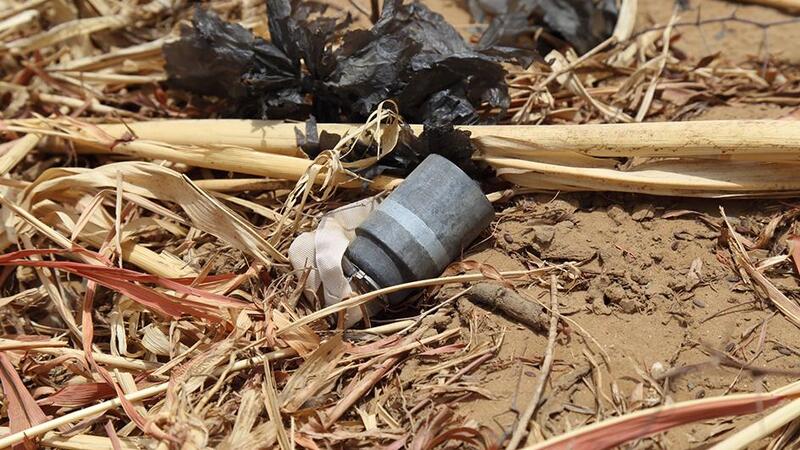A Department of Defense policy memo signed on November 30, 2017, by Deputy Defense Secretary Patrick Shanahan indefinitely delayed implementation of a ban on using unreliable types of cluster munitions that was due to take effect on January 1, 2019.
This new policy replaces a Department of Defense policy directive on cluster munitions issued in June 2008, during the administration of President George W. Bush, that required the US to remove all except a tiny fraction of its cluster munitions from active stockpile by the end of 2018 for eventual destruction. The 2008 policy required that the US not use cluster munitions that result in more than 1 percent unexploded ordnance (UXO) from 2019 onward. Senior Pentagon officials told Human Rights Watch after the November 30 announcement that the 2008 policy deadline for removing cluster munitions from active stocks had been “an aspirational goal.”
The new policy allows US military commanders to approve use of existing cluster munitions “until sufficient quantities” of “enhanced and more reliable” versions are developed and fielded. The new policy also facilitates US acquisition of cluster munitions from foreign sources to replenish stocks.
But it retains restrictions on US exports of cluster munitions under existing US law, allowing the US to export only cluster munitions that do not result in more than 1 percent unexploded ordnance, and requiring the recipient to make a commitment not to use the cluster munitions in civilian areas.
The US maintains that cluster munitions have military utility, but, with the exception of a single strike in Yemen in 2009, it has not used them since 2003 in Iraq.
The Cluster Munition Coalition urges the US to formally commit to no future production or use of cluster munitions and to join the Convention on Cluster Munitions.
